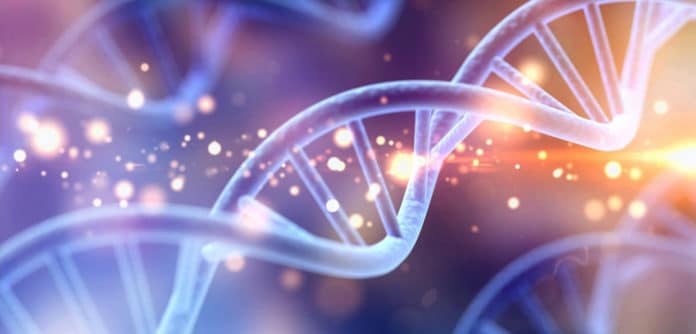Endometriosis is a chronic and painful condition in which tissue inside the uterus- the endometrium — grows outside your uterus. Existing endometriosis treatments and surgeries involve unwanted side effects.
A new study by the University of Oxford, Baylor College of Medicine, the University of Wisconsin-Madison, and Bayer AG identified the genetic cause of endometriosis and potential drug targets. By performing genetic analyses of humans and rhesus macaques, scientists offered new insight into treating this debilitating disease.
Scientists found that a specific gene called NPSR1 increases the risk of endometriosis. The results unveiled a potential drug target for improved endometriosis therapy.
In a previous study, scientists found a genetic linkage to endometriosis on chromosome 7p13-15 in DNA. The same was verified in the DNA of rhesus monkeys with spontaneous endometriosis.
This validation justified further research through in-depth sequencing analysis of the endometriosis families at Oxford, which narrowed down the genetic cause to rare variants in the NPSR1 gene.
This new study involved more than 11,000 women, including patients with endometriosis and healthy women. They identified a specific common variant in the NPSR1 gene also associated with stage III/IV endometriosis.
Jeffrey Rogers, associate professor at the Human Genome Sequencing Center at Baylor, says: “This is one of the first examples of DNA sequencing in nonhuman primates to validate results in human studies and the first to make a significant impact on understanding the genetics of common, complex metabolic diseases. The primate research helped to provide confidence at each step of the genetic analysis in humans and gave us the motivation to carry on chasing these particular genes.”
Using the NPSR1 inhibitor, scientists blocked the protein signaling of that gene in cellular assays. Doing so reduced inflammation and abdominal pain. This treatment identified a target for future research in treating endometriosis.
Krina Zondervan, professor of reproductive and genomic epidemiology, said, “This is an exciting new development in our quest for new treatments of endometriosis, a debilitating and underrecognized disease affecting 190 million women worldwide. We need to do further research on the mechanism of action and the role of the genetic variants in the modulation of the gene’s effects in specific tissues.”
“However, we have a promising new nonhormonal target for further investigation and development that appears to address the inflammatory and pain components of the disease directly.”
Journal Reference:
- Thomas T. Tapmeier et al. Neuropeptide S receptor 1 is a nonhormonal treatment target in endometriosis. DOI: 10.1126/scitranslmed.abd6469
